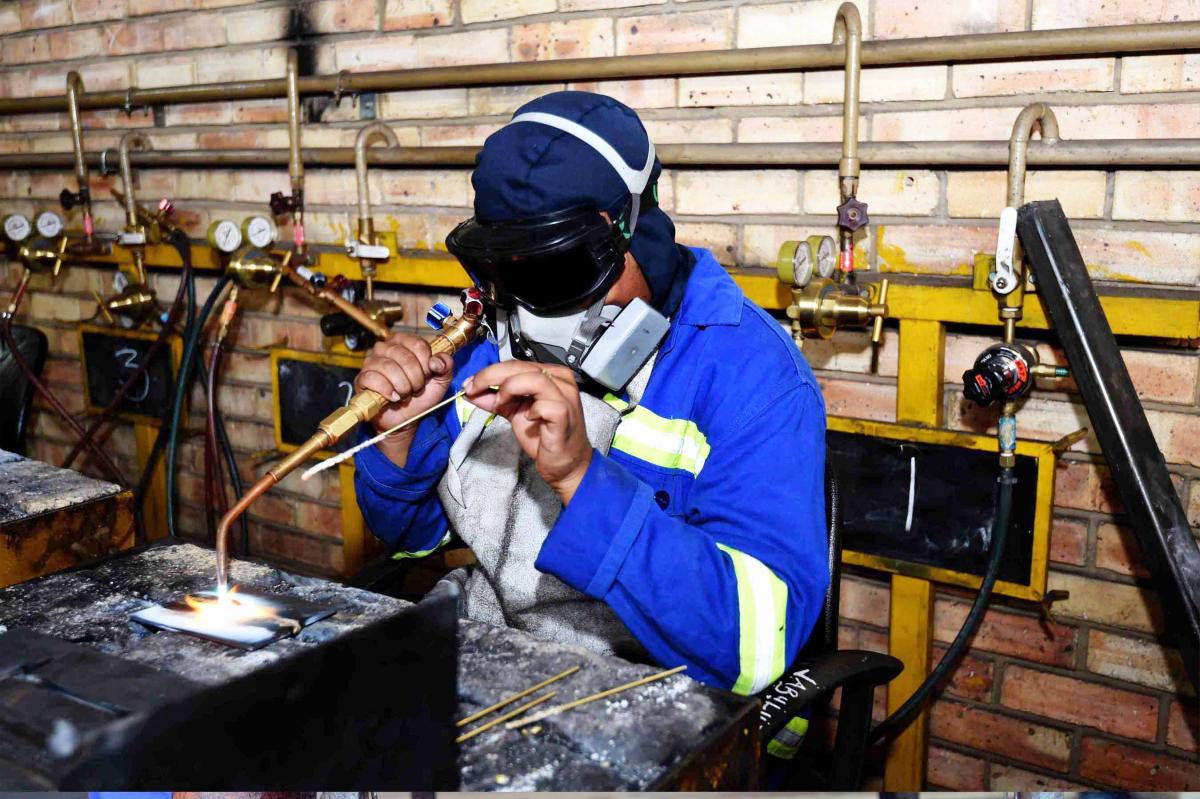
As the 2016 academic year draws to a close, millions of South Africans are rightfully worried about how the year will conclude and how the new year will dawn on our university campuses.
 The daily scenes of violence, vandalism and intimidation flashing across social and broadcast media are disturbing, to say the least. These scenes suggest that our campuses and country are sliding towards a state of anarchy where reason, respect and the willingness to hear and accommodate one another have no place.
The daily scenes of violence, vandalism and intimidation flashing across social and broadcast media are disturbing, to say the least. These scenes suggest that our campuses and country are sliding towards a state of anarchy where reason, respect and the willingness to hear and accommodate one another have no place.
It cannot be correct in a democracy such as ours that we see students turn on the police – who may very well include their own parents, neighbours and friends – or that we see students victimise peers who wish to carry on with their studies.
It cannot be correct that students commit or pave the way for others to commit such acts as the destruction of property off campus, including, for example, the torching of vehicles or the targeting of places of entertainment, as we witnessed in Braamfontein, Johannesburg, recently.
What confidence is society likely to have in a group or generation of young South Africans whose very presence at university – and mostly as the children of poor and working class parents – shows the extent to which opportunities have opened up to the black majority in our country?
How many 2016 matriculants will be competing for places at university against failed first-year students of 2016?
How many of the poor parents who will struggle to have a decent life even if their children’s university fees are fully covered by the state, can afford to have a child repeat even one year of education?
Under these circumstances, will all protesting students who may not complete this year, in fact return to campuses, or will the financial pressure on their parents force them to join the job market or, more specifically, the ranks of the unemployed?
While students are making proposals on how tuition, accommodation and other services could be financed in future, where will the funds come from to undo the physical damage amounting to hundreds of millions of rand that we see unfolding almost daily?
As government, we have repeatedly and sincerely stated our determination to make it possible for even greater numbers of children of the poor and working class to have access to higher education.
Our commitment has resulted in the expansion of technical and vocational education and training, known as TVET, to the point that we have moved from a ratio of 1 to 4 to close to 1 to 1 ratio of college to university students.
In terms of government’s Higher Education and Training Budget vote for the 2016/17 financial year, we are aiming to produce over 21 000 skilled artisans. This is a significant step towards the National Development Plan target of 30 000 annually by 2030.
In addition, government is building a Community Education and Training sector to improve and expand post-school education and training so that we can take care of the needs of around 18 million South Africans who want to study outside the university system.
As for the university system, access continues to grow: Sol Plaatje University and the University of Mpumalanga in February admitted their third intake, with enrolments up from 130 and 140 in 2014 to 710 and 1 329 respectively. R1.6 billion was invested and 17 new buildings built, enabling this expansion.
New infrastructure for further expansion in 2017 valued at R1.26 billion is under construction. The Sefako Makgatho Health Sciences University entered its second year of operation with an intake of 1 300 students.
South Africa's ninth medical school, at the University of Limpopo, opened its doors in January to its first 60 students. This is linked to the Limpopo academic hospital Presidential Project.
A government which invests in this way – as part of balancing very serious competing priorities in our society – cannot be accused of not caring for the young people of our nation.
Our establishment of a Fees Commission and more recently a Ministerial Task Team to assist the Minister of Higher Education and Training to normalise the situation at higher education institutions across South Africa, demonstrates our commitment to building an educated and productive nation.
All stakeholders in our university sector – including students, university management, parents and religious leaders – must work together to ensure that the future of our children is not jeopardised.
2016 must be a year that we should be able to celebrate, not regret.



 Facebook
Facebook Twitter
Twitter WhatsApp
WhatsApp